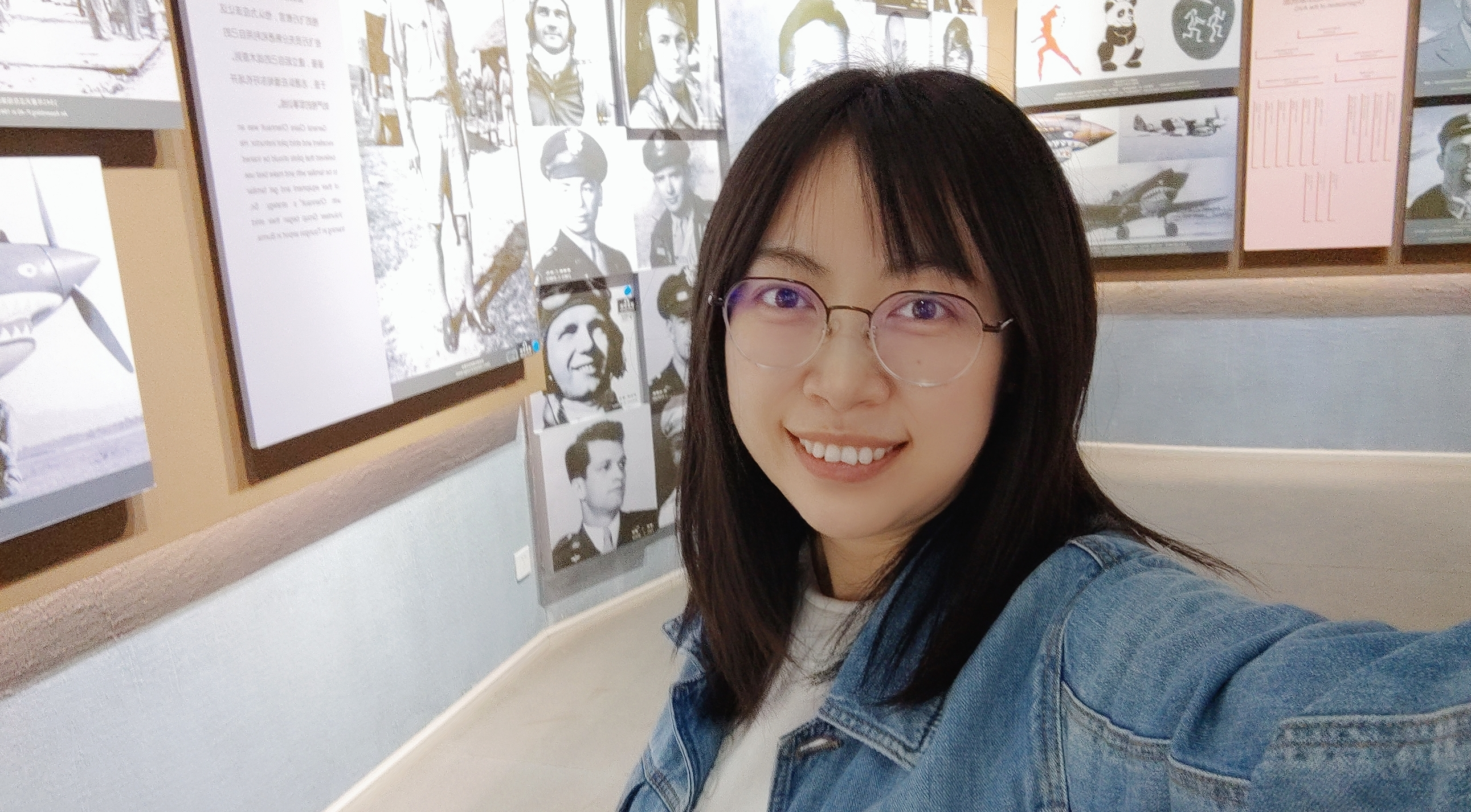
SHAN Liang
Research
My long-standing interests focus on the neural mechanism underlying cognitive and behavioral processes (consciousness, visual awareness, audiovisual integration, metacognition, thermoregulation, emotion/affection,anesthesia, etc.) in human and non-human primate, and neural dysfunction in psychiatric/mental disorders (schizophrenia, disorder of consciousness, microcephaly, depression, autism, seizure, etc.). I am good at applying pattern recognition/machine learning approaches in analyzing SEEG/EEG/Spike/MRI big data, seeking new methods towards a better understanding of the brain. My interests and research projects also include developing close-loop Brain-Computer Interfaces which has vast application potential in biomedical science. My research will lead a better understanding of the neural correlates of consciousness and other brain functions, benefit the clinical treatment on psychiatric/mental disorders, also promote the integration of artificial intelligence and interdisciplinary approaches in scientific investigation.
Biography
Education
- 09/2010– 07/2015, Institute of Biophysics, University of Chinese Academy of Science, China. PhD student.
- 06/2014– 11/2014, Max-Planck Institute for Medicine Research, Molecular Neuroscience, Germany. Visiting PhD student.
- 09/2006– 07/2010, School of the Environment,Nanjing University, Environmental Biology, China. Bachelor student
Work Experience
- 01/2024 – Now, The Brain Cognition and Brain Disease Institute, Shenzhen Institutes of Advanced Technology, Chinese Academy of Sciences, China. Associate Professor.
- 05/2020 – 01/2024, The Brain Cognition and Brain Disease Institute, Shenzhen Institutes of Advanced Technology, Chinese Academy of Sciences, China. Assistant Professor.
- 10/2019-05/2020, University of Tennessee Health Science Center, United States. Visiting Scholar.
- 03/2018-10/2019, School of Life Science and Technology, University of Electronic Science and Technology of China, China. Research Assistance.
- 07/2015-03/2018, School of Life Science, Peking University, China. Postdoctoral Fellow
Selected publications
- Shan L#, Yuan L#, Zhang B#, Ma J, Xu X, Gu F, Jiang Y*, Dai J*. Neural Integration of Audiovisual Sensory Inputs in Macaque Amygdala and Adjacent Regions. Neurosci Bull(JCR-1). 2023 Dec;39(12):1749-1761. doi: https://doi.org/10.1007/s12264-023-01043-8
- Shan L#*,Huang H#, Zhang Z, Wang Y, Gu F, Lu M, Zhou W, Jiang Y*, Dai J*. Mapping the emergence of visual consciousness in the human brain via brain-wide intracranial electrophysiology. Innovation (Camb)(JCR-1). 2022 Apr 20;3(3):100243. doi: https://doi.org/10.1016/j.xinn.2022.100243
- Zhang Z#,Shan L#, Wang Y, Li W, Jiang M, Liang F, Feng S, Lu Z, Wang H*, Dai J*. Primate preoptic neurons drive hypothermia and cold defense. Innovation (Camb) (JCR-1). 2022 Dec 5;4(1):100358. doi: https://doi.org/10.1016/j.xinn.2022.100358
- Liu Y*, Shan L, Liu T, Li J, Chen Y, Sun C, Yang C, Bian X, Niu Y, Zhang C, Xi J, Rao Y*. Molecular and cellular mechanisms of the first social relationship: A conserved role of 5-HT from mice to monkeys, upstream of oxytocin. Neuron(JCR-1). 2023 May 3;111(9):1468-1485.e7. doi: https://doi.org/10.1016/j.neuron.2023.02.010
- Chen Y#, Hong Z#, Wang J, Liu K, Liu J, Lin J, Feng S, Zhang T, Shan L, Liu T, Guo P, Lin Y, Li T, Chen Q, Jiang X, Li A, Li X, Li Y, Wilde JJ, Bao J*, Dai J*, Lu Z*. Circuit-specific gene therapy reverses core symptoms in a primate Parkinson's disease model. Cell(JCR-1). 2023 Nov 22;186(24):5394-5410.e18. doi: https://doi.org/10.1016/j.cell.2023.10.004
- Chen J, Shan L, Dai J*. Distinct Recovery Process of Consciousness and Cognition After Anesthesia. Neurosci Bull (JCR-1).2022 Jan;38(1):110-112. doi: https://doi.org/10.1007/s12264-021-00786-6
- Shan L, Liu T, Zhang Z, Liu Q, Zhang M, Zhao X, Zhang Y, Xu F, Ma Y*. Schizophrenia-like olfactory dysfunction induced by acute and postnatal phencyclidine exposure in rats. Schizophr Res (JCR-2).2018 Sep;199:274-280. doi: https://doi.org/10.1016/j.schres.2018.02.045
- Shan L, Liu T, Zhao X, Ma Y*. Mild Prenatal Stress Exposure Contributed to Behavioral Changes Induced by Postnatal Injections and Blocked The Effects of Olanzapine. Progress in Biochemistry and Biophysics(JCR-4) 2015, 42: 543-550. 6.doi: https://doi.org/16476/j.pibb.2015.0086

